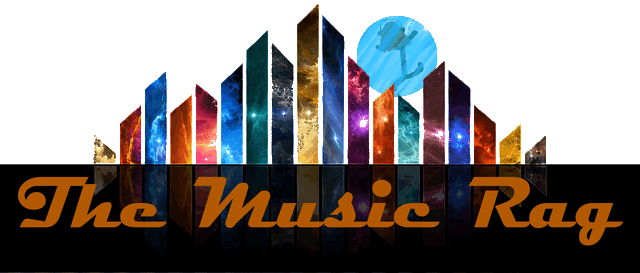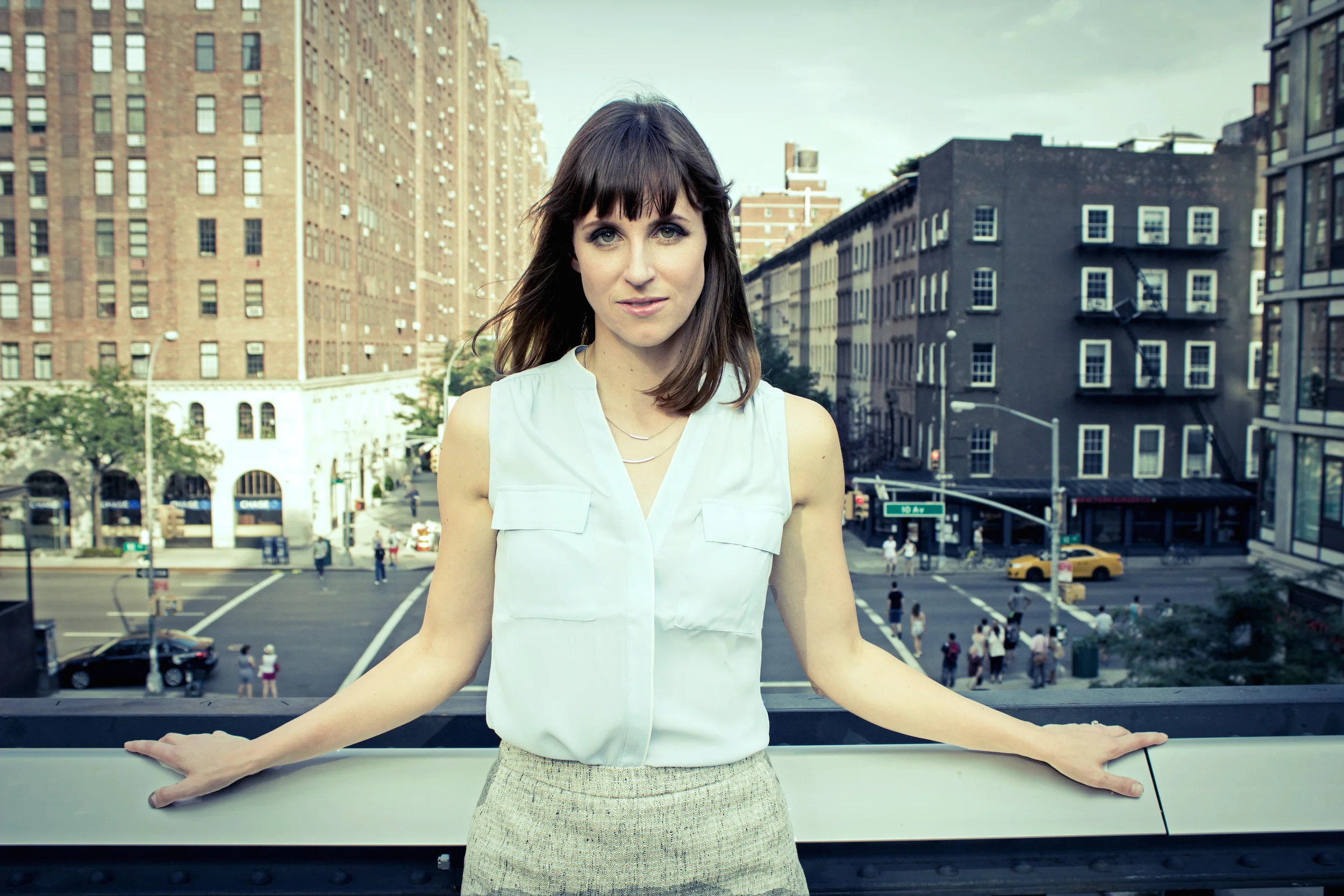What got you interested in music?
Cheryl B. Engelhardt: I've been playing the piano since I was, like, two and a half years old, so it's sort of been a constant the whole time.
We had a recording studio and thought it would be good to put together a band and use the space, after hours, to record, and that studio was a composing house writing music for commercials, which was something I was doing there. I was kind of doing both while I was working at that jingle house and left there to do the full-time touring thing and make another record and sort of came back to freelance recording for jingles and incorporating that into the independent musician's lifestyle.
Which artists do you take inspiration from?
I really love Sara Bareilles; I met her about a decade ago and we sort of stayed in touch and so I've kind of followed her career really carefully and we sound the same and we kind of look alike, so she's sort of someone that's always been on my radar. But, going back to my youth, I listened to a lot of classical music, mostly because I was playing a lot of classical music. I kind of liked the man bands in high school, you know, like, Dave Matthews and Vertical Horizon and The Goo Goo Dolls, you know, not quite the boy band, but I called them the man band. And then, I had a couple mentors where I really loved their composing style and arranging style and one of them is Rob Mathes and he just did the orchestration and everything for Sting's musical on Broadway and he works with big orchestras and also writes amazing music and he's sort of someone that I've been also following and talked to and see as a musical influence/mentor.
What type of songs are in your playlist now?
I'm not listening to a lot of music right now, I'm kind of in mix mode for my record so I just, kind of, keep my ears clean when I've got to listen to the mixes and mastering. Yeah, I'm really not listening to a lot of music right now.
Instead of sitting and listening to music I actually watch T.V. and I like watching the commercials in-between because, when I'm writing music for commercials, I like to see, what are the sounds that are popular or what are the trends? I listen to T.V. shows' music and who are the music supervisors and kind of looking at 'where could my music place?', and that's part of the research I do to see, 'okay, I know that this show uses music like mine,' and so then I'm not barking up the wrong tree when I do go out and make pitches for placements.
What words would you use to describe your music?
I would say it's pop, which is a big umbrella genre, specifically very singer/songwriter, very vocal based pop. Some people call it adult contemporary, but, yeah, I would say singer/songwriter pop. This particular album is all duets and there are a lot of really different, cool voices on there, so it's really meant to bring out the voices that are on the record.
Can you tell us more about your site, In The Key Of Success?
It's a website that I started. I created an eCourse and some musician resources that were things I wish I had when I was just starting out or when I was sort of hitting plateaus out touring and whatnot. I got some advice from someone after they heard me speak at a music conference, they said, 'you should write a book,' and I don't write books and I wrote this eCourse and it was pretty successful and a lot of musicians bought it and really loved it and got a lot out of it, so then I started to develop some live workshops - but, over video chat type courses - but the one that's the most popular and that I really love working on is called MX4, which is the branding and marketing, moneymaking masterminds that I created, and that's like a six week on-line course people can do.
You're working on your album Inevitably, how would you describe the album?
The album is all duets in the singer/songwriter genre, like what I just said before.
And what was the inspiration for your latest single?
I had this little musical idea in my head and I couldn't figure out how to turn it into a song so I reached out to a friend of mine, Cameron Ernst, and we sort of talked about what was going on in our lives at that moment, which is kind of how I start all of my co-writing sessions, by asking someone else what's going on for them, try to find some common ground, and we ended up writing this song about finding your love and, for me, it was finding, you know, when am I going to see my father again who had just passed away and, for him, it was when is he going to find his true love, like, the one. We saw that there was this universal theme of, like, hopeful, you know, I'll find this person if they're out there watching me or waiting for me; it's a very positive spin on that longing.
What do you want listeners to take away from your music?
I think hope is kind of the word that I get a lot; that there's hope for yourself in a career that you're choosing, just sort of see that it's possible to be an independent musician making a full-time living off of music, so just, as with what I'm doing, I want people to see that process, and I'm very open about sharing that process.
But, from the music itself, I think that, you know, you can hear that there are some struggles going on, but there's a way to overcome them; I think that would be great if people got that.


